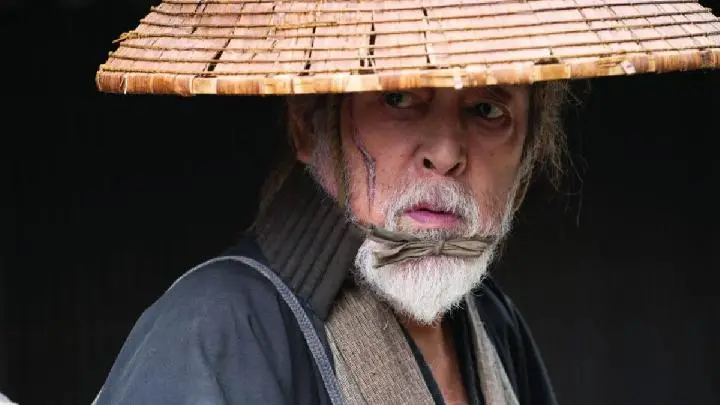
TEMPO.CO, Jakarta - Japanese cinema mourns the loss of one of its greatest icons, as legendary actor Tatsuya Nakadai has passed away at the age of 92. The somber announcement, first reported by The Japan News on Tuesday, November 11, 2025, marks the end of a luminous career that helped define the golden age of Japanese films.
As of the latest reports, details surrounding the cause of death and funeral arrangements of the late actor remain undisclosed. Meanwhile, tributes continue to pour in from across the world, reflecting the profound impact Nakadai’s artistry left on generations of filmmakers and audiences alike.
Born Motohisa Nakadai on December 13, 1932, in Tokyo, Nakadai began his artistic journey at the Haiyuza Acting School in 1952. He quickly distinguished himself with a haunting performance in the 1955 stage production Yurei (Ghost). His cinematic debut came the following year with Umetsugu Inoue’s Hi no Tori (Phoenix), setting the stage for an extraordinary career that would soon intertwine with the nation’s most celebrated directors.
Over the course of more than seven decades, Tatsuya Nakadai was credited with more than a hundred screen appearances, including outstanding collaborations with some of the nation's most revered auteurs like Hiroshi Teshigahara, Mikio Naruse, and Kon Ichikawa.
Despite his towering presence in film, Nakadai often regarded himself first and foremost as a theater actor, a craftsman devoted to the stage. His refusal to bind himself to a single studio allowed him a rare creative freedom to navigate across genres, styles, and generations of filmmakers.
Nakadai’s powerful performances in Masaki Kobayashi’s The Human Condition and Harakiri, Akira Kurosawa’s Yojimbo, Kagemusha, and Ran, and Keisuke Kinoshita’s Immortal Love further solidified his place among Japan’s cinematic greats. Beyond the silver screen, he captivated audiences in acclaimed television dramas such as NHK’s Shin Heike Monogatari and Daichi no Ko (A Son of the Good Earth).
To many Western audiences, Tatsuya Nakadai remains most vividly remembered for his commanding performance in Akira Kurosawa’s 1985 masterpiece Ran, a visually arresting war epic set in Japan’s Sengoku period and inspired by Shakespeare’s King Lear.
In 1975, he established the Mumeijuku acting school, a training ground that would shape future luminaries such as Koji Yakusho and Mayumi Wakamura, extending his artistic legacy well beyond his own screen presence. His lifelong commitment to the craft earned him numerous honors, including the Yomiuri Theater Award for artistic achievement and Japan’s prestigious Order of Culture in 2015.
VARIETY | IMDB | THE HINDUSTAN TIMES | JAPAN NEWS
